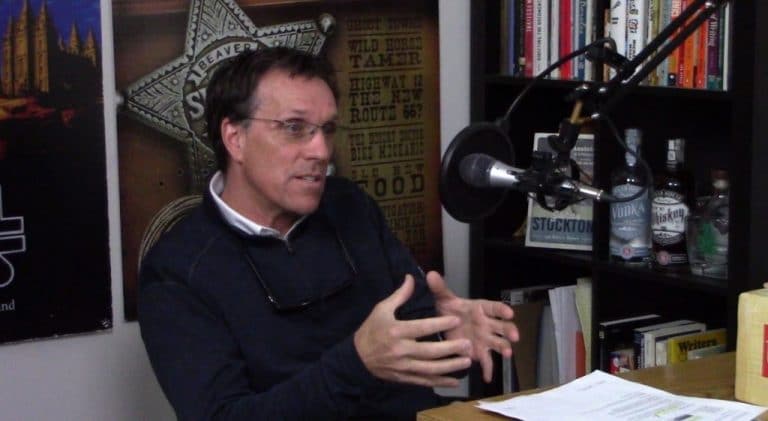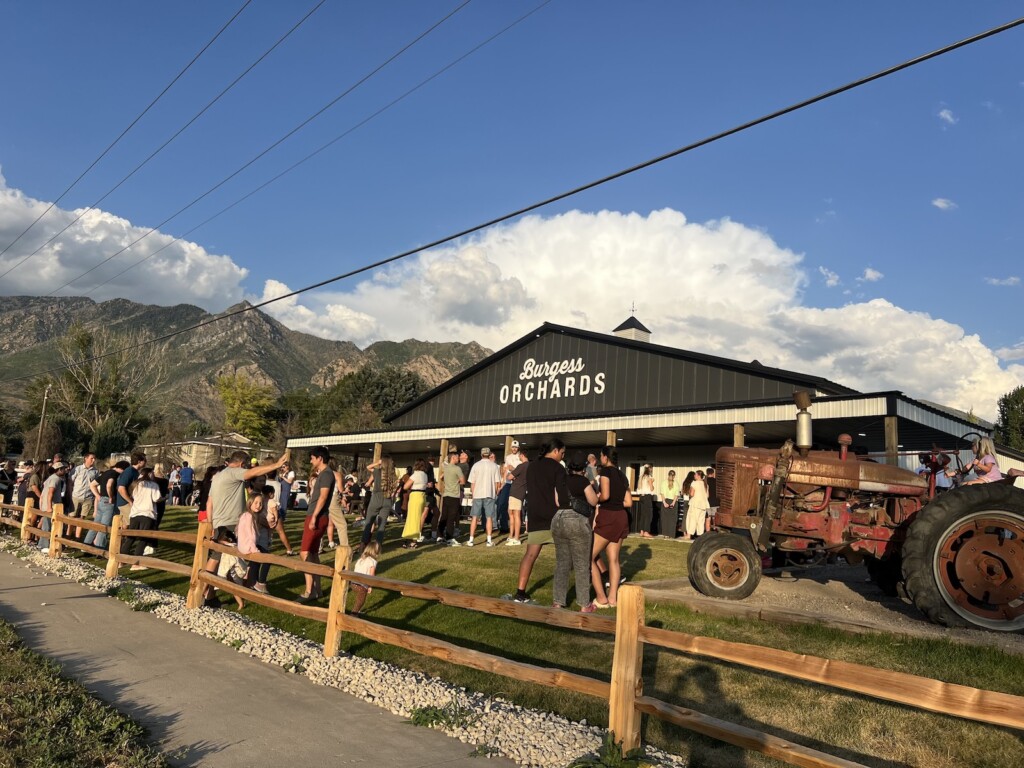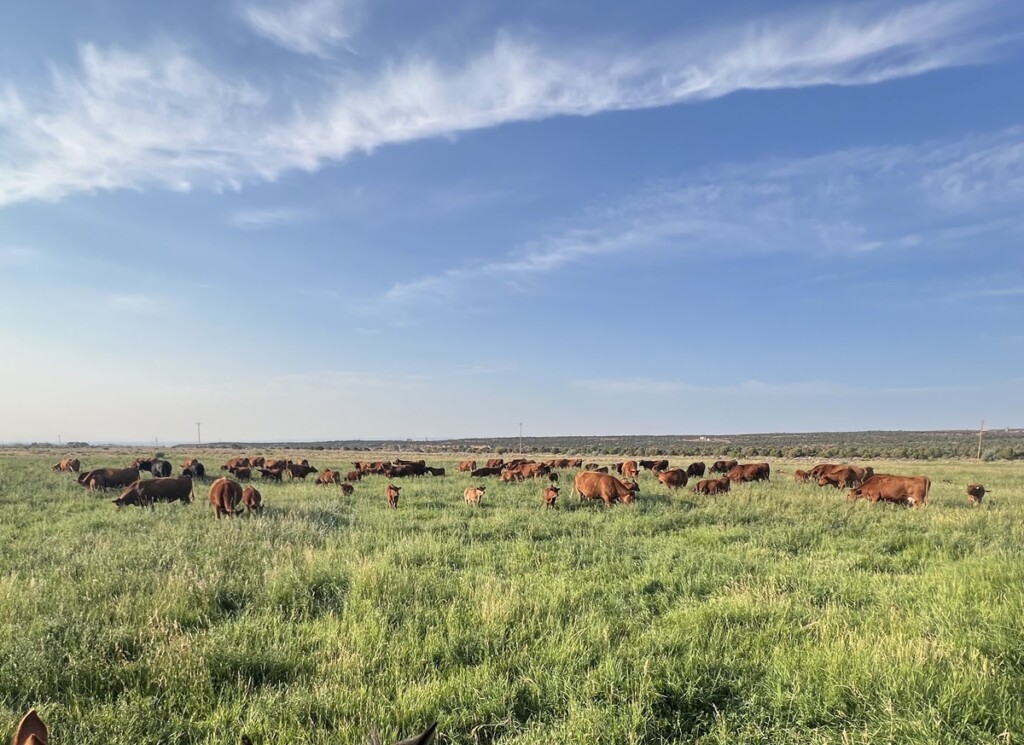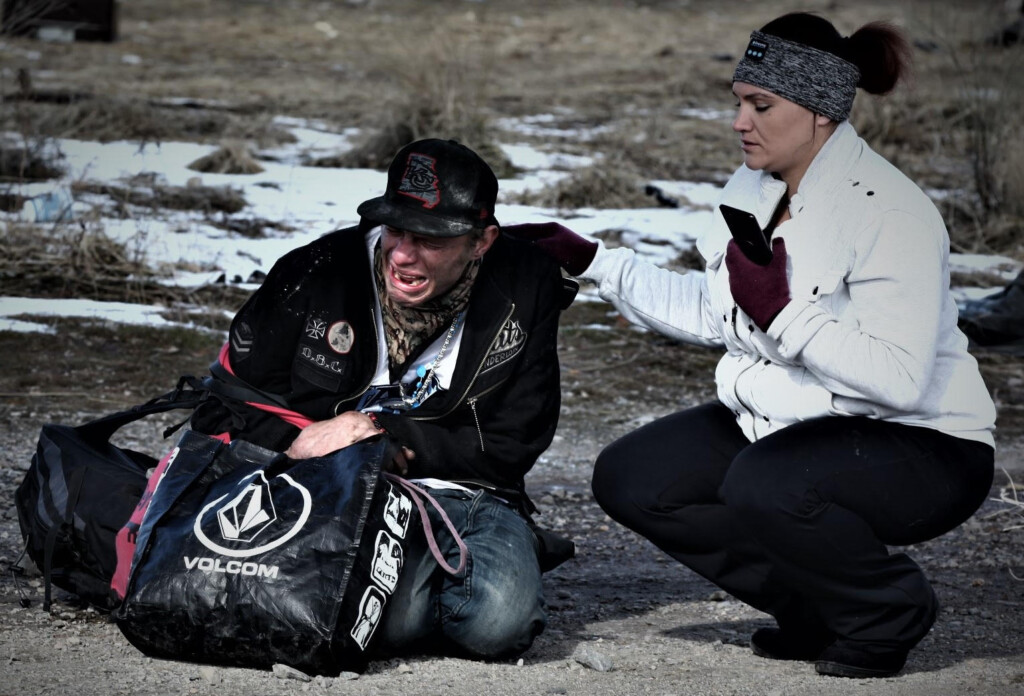Helping people live better, live longer
There is amazing, groundbreaking, and potentially life-changing cancer medical research currently going on in the United States—the way doctors are able to diagnose and treat patients is changing at a very rapid pace. The problem, though, is getting the major medical community to more swiftly adopt these emerging (or not-so-emerging) best practices.
Dr.John Librett wants to change that.
Not only is Dr. Librett an authority on preventative medicine, he is also an expert on health policy and medical practices and procedures; he is the CEO of Survivor Healthcare.
Evidence-based medicine
When Librett was in medical school studying evidence-based medicine, he was diagnosed with cancer. “And that was the beginning of my deep dive into the healthcare system,” he said.
After the cancer diagnosis, Librett started noticing something. His own doctors were applying their medicine to him, but at the same time, “I was studying the evidence related to my cancer and they weren’t matching up,” he said. “What the doctors were doing and what I was reading should be done wasn’t the same.”
The reason for this is because there is a gap in medicine, and it’s slow to catch up.
“Right now,” Librett said, “the gap in medicine between the known and the applied known is about 17 years.” What he means is, generally, we, as consumers of medicine, and our physicians, are 17 years behind the current evidence-based, fda approved, science.
The point is this: there are latest-and-greatest practices being adopted, just not at the rate that we need them to happen.
There is no doubt that our medical system is broken, but that doesn’t mean it is useless. It’s just complicated … no, it’s only complicated because we haven’t learned how to be smart consumers of medicine.
So how does one go about becoming a smart consumer of medicine? How can you learn to navigate the often stressful and seemingly illogical labyrinth that is the American healthcare system?
On The Utah Stories Show, we sat down with Dr. Librett to discuss these issues and much much more.
It’s a fascinating, helpful discussion—because what you think you know about modern medical practices and procedures is probably wrong. Please join us.
Listen to the podcast:






